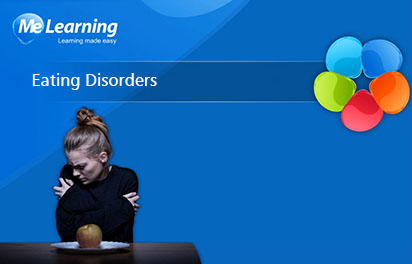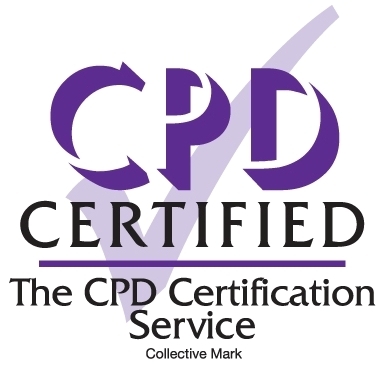


KCSP CPD online training systemYour personal learning site |
This awareness course gives an insightful overview to eating disorders. It describes the physical and psychological symptoms of anorexia, bulimia and binge eating disorder, and the possible causes of these mental illnesses. This course explains how carers and families can help when they suspect someone may have an eating disorder and what treatments are currently available.

This course contains the following modules:
| Module name | Type | Duration |
|---|---|---|
| What is an eating disorder | Online | 00:26:00 |
| What are the signs and symptoms | Online | 00:22:00 |
| What to do if you have a concern | Online | 00:21:00 |
This course is for anyone who wishes to gain an understanding of eating disorders, including:
Education staff including head teachers and governors
Parents and other family members
Care workers and managers
Social workers and managers
Health staff
Professional organisations
In this course you will learn:
•What an eating disorder is
•Who can develop an eating disorder
•The myths surrounding eating disorders and the real facts
•Characteristics of the three main types of eating disorder
•The causes of eating disorders
•Other mental illnesses that may co-exist alongside eating disorders
•Behavioural changes in those with an eating disorder
•The psychological effects
•The physical signs to look out for
•How an eating disorder affects the family
•The difficulties the carer may face
•The long-term complications
•The importance of early intervention
•What to say and what to do
•The steps a GP might take
•What is expected of carers – the family, carer and GP ‘team’
•Typical treatments available
•What special considerations are needed for children and adolescents
Here are some of the topics covered in this course:
Who can develop an eating disorder |The common misconceptions and stigma surrounding the illness | The three main types – Anorexia nervosa, Bulimia nervosa and Binge Eating disorder | Other specified feeding or eating disorders | The causes | Related mental illnesses | Who is affected | Changes in behaviour | Behavioural signs | The emotional flags | The physical effects | The social element | Effects on the family and the difficulties the carer might face | Long term complications | The importance of early intervention | Extreme cases | Tips for creating an open discussion | What to do | The role of the GP | Information sharing | The family, carer and GP team | The role of the carer | Treatments | Outpatient care | Inpatient treatment | Special considerations for children and adolescents | Recovery time
To access any of the courses you will need to login. If you do not have an account you will need to self-register or contact us for login details.
Please click the link to download the course flyer.
This course has been independently certified as conforming to universally accepted Continuous Professional Development (CPD) guidelines.
